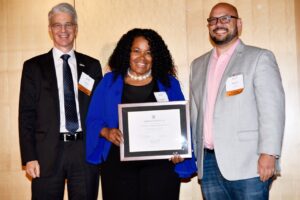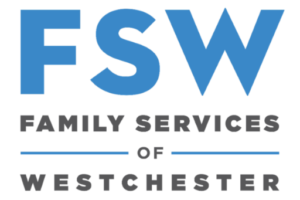
On the road to college, we use milestones to determine what we have accomplished, and what is to come. As we round the new year into February, parents and students can think anew. Grades not quite on track? Don’t wait for the next academic year — look into screen time usage, study routines, and assignment planning. Better grades are, in the end, a result of an effective routine. Professional athletes offer a useful example, focusing on form and efficiency, not brute force, to achieve excellence, seemingly without effort.
As we continue in 2020, what goals do you have for college planning? When your son or daughter begins the common application essay (ideally in May), they should have some sense of identity and direction – as much as a sixteen- or seventeen-year-old can. They should try not to answer the question, “What do I want to do for the rest of my life?” which is nearly impossible, and, in some ways, ridiculous. Instead, “What have I prepared myself to do, and where do my interests and skills align?” After all, one is never really selecting from all 120 majors available, but instead around fifteen or so. But do seek to explore this question, because major drives program selection, which shapes your college list and therefore visits and standardized tests.
College visits in the beginning should be about archetypes – large or small, public or private, urban or suburban, program versus college itself. Try to avoid the trap of visiting the most elite or select colleges, tempting though they may be, as they set the tone for how you see and what you expect from your child, especially if trips are shared on social media. By visiting a range of different schools, you and your child can experience various college cultures and gain a better understanding of which seem most appealing.
Regarding tests, now is a time to take stock of how varied requirements are, by college and by major. Seek to plan for two if not three SAT or ACT administrations, and also identify when your child will take any SAT subject tests, whether required or recommended. Much can be written on this topic, but by working backward from the October test date to now, one can determine a balanced way to plan.
And finally, for the summer, know that some deadlines for pre-college experiences or internships are imminent. It’s important that summer should start with some rest, allowing the kids to be themselves and relax. Then, after a week or so, they can take up enrichment activities. Instead of randomly-identified work or volunteering, see if they can link the experience to areas of interest, to cultivate a sense of vocabulary for what they want. Internships don’t have to be formal, existing opportunities. Think about how a fifteen-minute informational discussion with a friend or colleague can turn into an observational experience or more. What should be paramount is learning the answer to, “What is the day in the life of (a particular job or career)?” I am always amazed by how this one question, asked by a student of a professional, opens up a world of certainty balanced with curiosity.
So, on the road to college, remember to plan, to challenge, and to focus on form. There is nothing wrong with a B unless it represents mediocrity. There is nothing wrong with undecided, unless it represents a life unexplored. Go forward with an eagerness to learn to become the best version of ourselves and balance that with a sense of levity. After all, as we push, we must pull, work and relax, be serious and have fun. It’s about balance. Earned balance.
Tony Di Giacomo, Ph.D. is an educator and founder of Novella Prep. He has twenty years of experience working in admissions, development, teaching, and research at various universities. Prior to launching Novella Prep, Tony worked at the College Board, where he led and managed research on the SAT, PSAT, AP, and other programs. You can reach him at tony@novellaprep.com.






